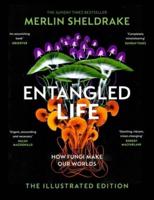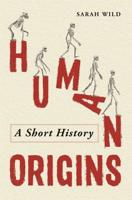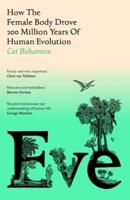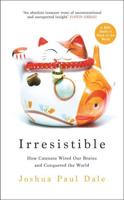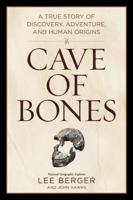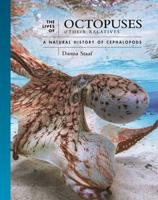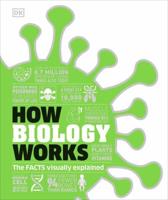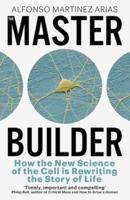Publisher's Synopsis
Excerpt from Food Ingestion and Energy Transformations: With Special Reference to the Stimulating Effect of Nutrients
During the period Of gestation the fetus is supplied with nourish ment from the mother through the placenta and no muscular movement or exertion of any kind is required to secure food. After birth much Of the muscular activity of infants is a direct or indirect effort to secure nourishment. This includes not only the act Of suckling but also the muscular activity and crying due to hunger. Thus the apparently anomalous condition exists Of an expenditure Of a considerable amount Of energy for the purpose of Obtaining energy for vital processes.
With animals of prey there is usually a period Of intense muscular activity prior to feeding. The chase, the attack, the act Of killing and tearing apart of the prey, all make demands upon the energy supply Of the animal. After feeding, there is usually a relatively long period of muscular repose, although, as will be seen later, immediately after eating there is invariably an increase in the internal cellular activity incident to the process Of digestion.
Even with non-predatory animals and birds a considerable amount of energy is necessary to secure food. The trails to the feeding-grounds, salt-licks, and watering-places of ten lead over considerable distances. Birds ?y enormous distances to special feeding-grounds, while with birds of prey the chase and attack are comparable to those of animals Of prey.
About the Publisher
Forgotten Books publishes hundreds of thousands of rare and classic books. Find more at www.forgottenbooks.com
This book is a reproduction of an important historical work. Forgotten Books uses state-of-the-art technology to digitally reconstruct the work, preserving the original format whilst repairing imperfections present in the aged copy. In rare cases, an imperfection in the original, such as a blemish or missing page, may be replicated in our edition. We do, however, repair the vast majority of imperfections successfully; any imperfections that remain are intentionally left to preserve the state of such historical works.

